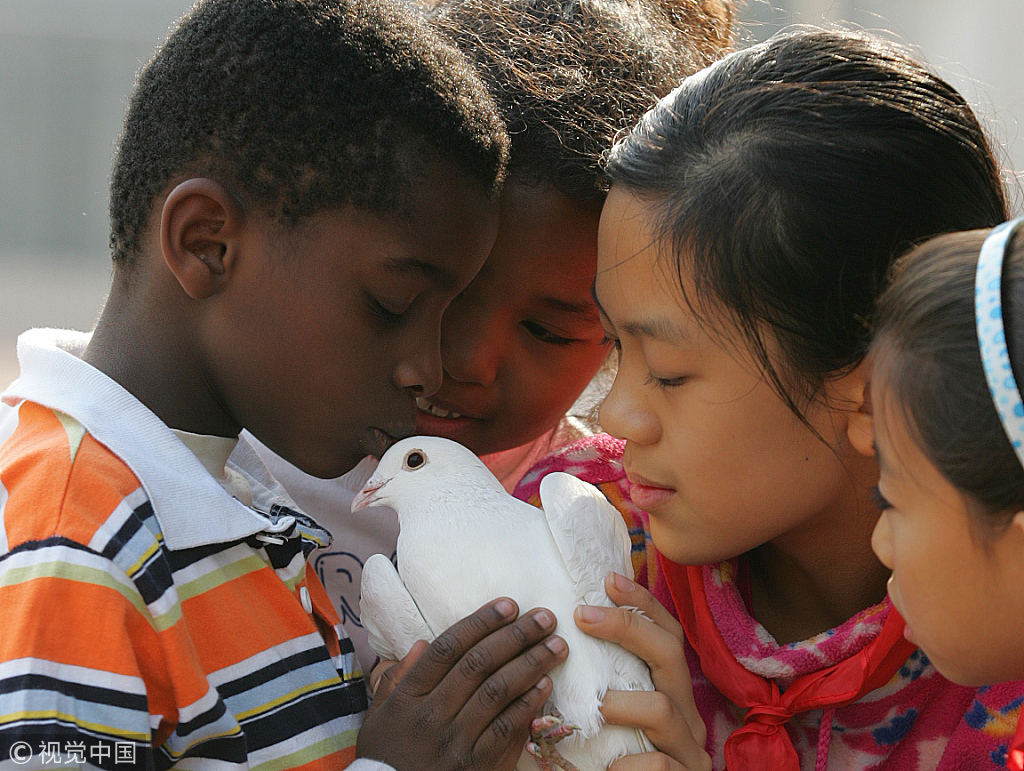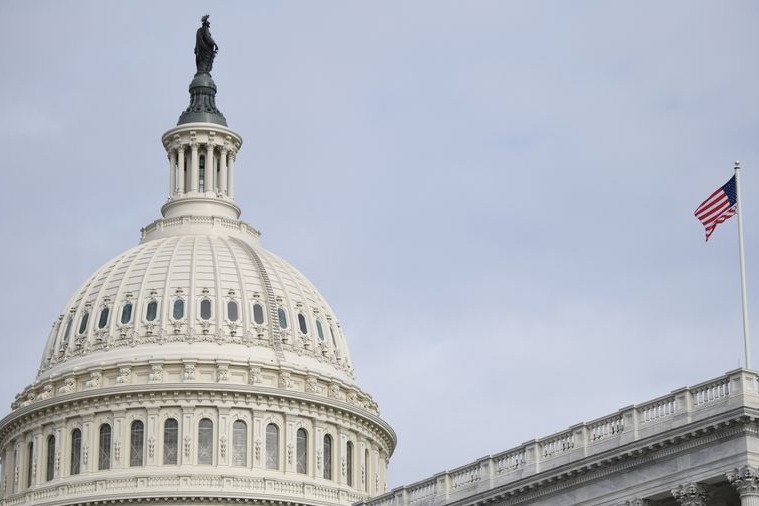Great expectations for China-Africa ties


Relations between African countries and China have peaked at a time when critics are watching with wide lenses how the two sides -- with rich histories of ancient civilizations and cultures -- forge a new form of coexistence and a comprehensive strategic partnership in a multipolar world increasingly threatened with disintegration and mistrust among major power brokers.
Sino-African relations have soared, bringing people from the two sides closer than ever. Previous summits, beginning with the Beijing Declaration in 2000, have achieved appreciable results at all levels and fields according to both sides and established within the framework of South-South cooperation a new kind of long-term and stable partnership based on equality and mutual benefit.
While consolidating achievements chalked by the Forum on China-Africa Cooperation (FOCAC) since its inception, the two sides agreed at the 2015 summit to upgrade their relations to a comprehensive strategic and cooperative partnership.
Chinese President Xi Jinping’s recent trip to Africa ahead of the seventh Ministerial Conference of FOCAC in Beijing this September is symbolic, as it gives credence to a salient feature of the 2015 Johannesburg Declaration. Both sides agreed to deepen political cooperation through high-level visits and dialogue in order to consolidate the traditional friendship, enhance mutual political trust and deepen strategic consensus and coordination.
The two sides remain committed in their resolve to harmonize positions on international affairs and enhance mutual support so as to uphold the legitimate rights and interests of their people.
The relationship between China and African countries has improved over decades because of their common shared history and respect for peaceful coexistence. This broad understanding and respect for the sovereignty of both sides dates back to the 1955 Bandung Conference in Indonesia, where the two sides boldly adopted the five principles of peaceful coexistence earlier ratified by China and India covering (1) mutual respect for sovereignty and territorial integrity; (2) mutual nonaggression; (3) noninterference in each other’s internal affairs; (4) equality and mutual benefit; and (5) peaceful coexistence.
China’s African policy and strategy has shifted since the 1950s to a more pragmatic economic interaction, especially in terms of trade, investment and aid. The result however, is what we are witnessing today. That policy has metamorphosed into the current comprehensive strategic and cooperative partnership with trade between the two sides.
With the escalation of a trade war between China and the US, President Xi’s visit to four African countries -- Senegal, Rwanda, South Africa and Mauritius -- ahead of the FOCAC is a positive signal that China’s African policy is constantly evolving as well as providing support for the African Union’s Agenda 2063 and the United Nations 2030 Agenda for Sustainable Development.
Expectations are high for the next round of FOCAC. Policymakers from Africa would expect the next round of talks to be the game changer, especially for those African countries that haven’t seen much improvement.
The author is a former Ghanaian journalist.


































